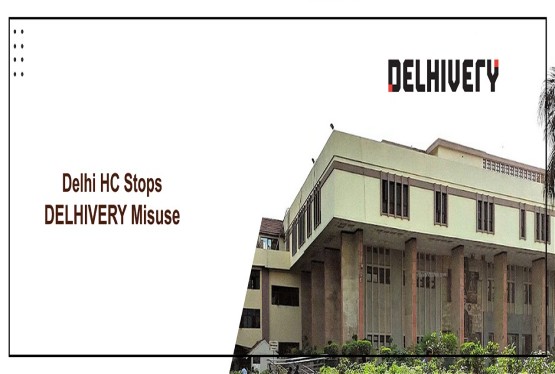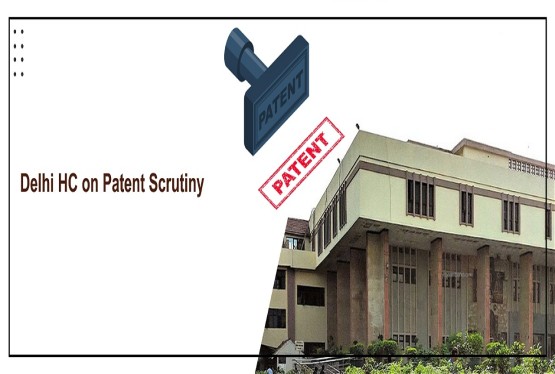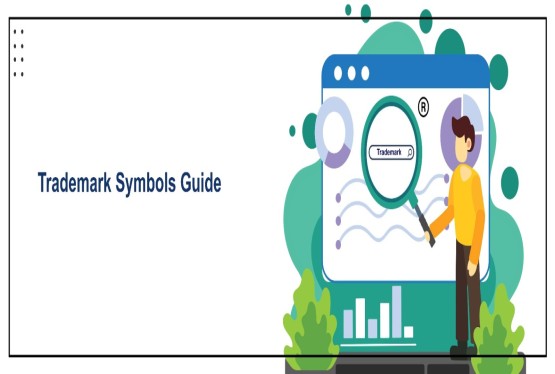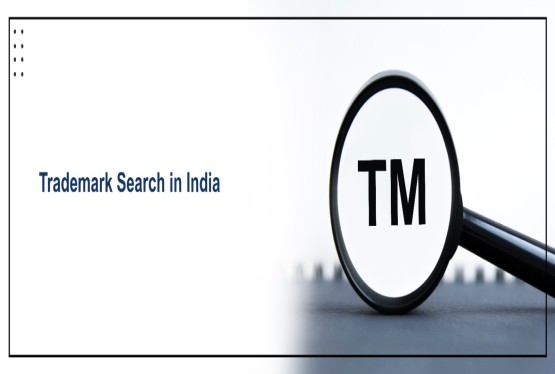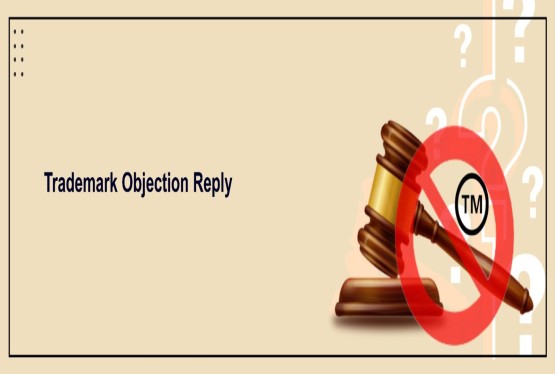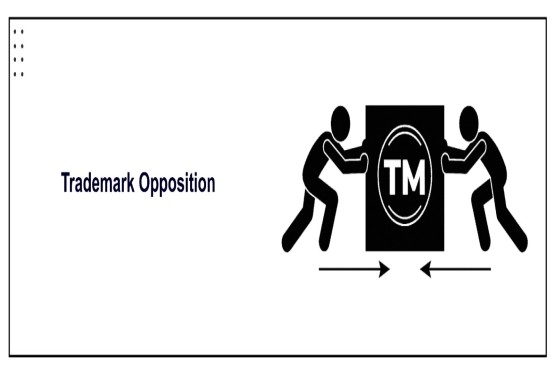Patent validation is an important process in the intellectual property ecosystem, ensuring that a granted patent is legally enforceable within a jurisdiction. While patents provide inventors with exclusive rights to their inventions, the procedure of validation differs significantly across India, the European Patent Office (EPO), and the Patent Cooperation Treaty (PCT) system. In India, a granted patent automatically becomes valid across the country. In contrast, the EPO requires validation in each member state after grant, and the PCT system only acts as a filing route that later demands national or regional validation. Understanding these differences helps inventors and businesses plan their patent strategies more effectively to secure global protection.
Learn more about Patent Registration.
Patent Validation Flow: India vs. EPO vs. PCT
Filing Stage
India: File application with the Indian Patent Office (IPO). Can be filed as Ordinary Application (direct in India). Convention Application (claiming priority from another country under Paris Convention). National Phase Application in India (entry after PCT application).
EPO (European Patent Office): File a single application at the EPO and it covers up to 39 member states. The examination of the application centrally.
PCT (Patent Cooperation Treaty): File one international application valid across 150+ contracting states. Defers the need to file in each country immediately. After the international phase, must enter national/regional phases.'
Examination & Validation by Patent Office
India: Request for Examination (RFE) must be filed within 31 months from priority date. IPO examiner checks: Novelty, Inventive step, Industrial applicability, Subject matter eligibility and if satisfied Patent granted and published in the Patent Journal.
EPO: Conducts search and substantive examination. Grants European Patent centrally and after grant the patent must be validated in each chosen member state (translations, national fees).
PCT: In international phase the searching authority is International Searching Authority (ISA) and this authority will provide International Search Report (ISR) and Written Opinion (WO) on patentability. If we felt more search required, we have to file a PCT demand for further examination of the invention (it is optional). The authority is International Preliminary Examination Authority (IPEA) and the report known as International Preliminary Examination Report. On this stage, no patent is granted, and validation happens in national phases.
Post-Grant Validation
India: Once granted, valid across India and no need for multiple validations. Must pay annual renewal fees to keep it alive. Can be challenged via post-grant opposition (within 12 months) or revocation petitions.
EPO: After grant, the European Patent is a bundle of national patents. To validate: File translations (if required by that country). Pay validation/maintenance fees in each state. Without validation no enforceability in that country.
PCT: After international phase, applicant chooses countries (national phase entry within 30/31 months). Each country examines independently. Each grant requires local validation (translations, fees). Patent becomes territorial in nature.
Enforcement & Lifespan
INDIA → Patent term: 20 years from filing. Enforced through Indian courts.
EPO → Once validated, enforceable in each validated member state. Term: 20 years.
PCT → National phase patents follow local laws (20 years generally).
Quick Timeline Snapshot
|
Stage |
India |
EPO |
PCT |
|
Filing |
Directly in IPO |
At EPO |
At WIPO (PCT application) |
|
Examination |
Central (IPO) |
Central (EPO) |
International search + opinion |
|
Grant |
Valid in India |
European Patent granted |
No grant – only entry to national phase |
|
Validation |
Not required (auto-valid in India) |
Must validate in each member state |
Must validate in each chosen country |
|
Opposition/Revocation |
Pre & Post-grant opposition possible |
Central opposition at EPO, later in national courts |
National oppositions depending on country |
|
Enforcement |
Across India |
In each validated country |
In each national patent granted |
Key Practical Difference
In India, once granted → patent is valid nationwide.
In EPO, grant is central, but validation in each state is mandatory.
In PCT, international phase is only a procedural umbrella; final validation depends on each country’s patent office.
Final Word
Patent validation plays a vital role in safeguarding inventions, determining enforceability, and protecting commercial interests. In India, the process is centralized, whereas in EPO and PCT systems, validation requires additional steps in respective countries. Inventors must carefully plan their filing and validation strategies depending on their target markets. A clear understanding of these processes not only avoids procedural pitfalls but also maximizes the economic value of patent rights across jurisdictions.
FAQs
Q1. What does patent validation mean?
Ans. Patent validation refers to the process of confirming that a granted patent is legally enforceable in a specific jurisdiction. It may involve translation requirements, fee payments, and compliance with national laws.
Q2. Is validation required after grant in India?
Ans. No. In India, once a patent is granted by the Indian Patent Office, it is automatically valid across the entire country without additional validation steps.
Q3. Why is validation important in the EPO system?
Ans. In the EPO, a patent granted centrally becomes a "bundle of national patents." To enforce rights in each member state, the patentee must validate the patent individually in those states, often by filing translations and paying national fees.
Q4. Does the PCT system grant patents directly?
Ans. No. The PCT system only streamlines the international filing process. After the international phase, applicants must enter national or regional phases in each desired country, where validation takes place under local patent laws.
Q5. What happens if validation is not done in EPO or PCT countries?
Ans. If the applicant does not validate the patent in a country after grant (EPO) or after entering the national phase (PCT), the patent will not be legally enforceable in that jurisdiction. Essentially, the inventor loses protection in that country.

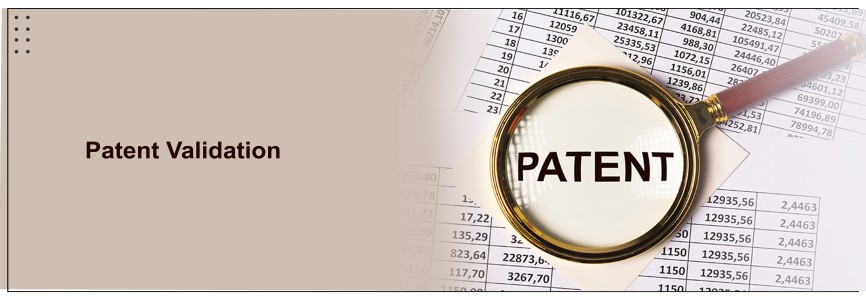




























_(b)_of_the_Trademark_Act,_1999_(1)_crop10_thumb.jpg)



_crop10_thumb.jpg)




























_crop10_thumb.jpg)
_crop10_thumb.jpg)






_crop10_thumb.jpg)








_crop10_thumb.jpg)



_crop10_thumb.jpg)





























_crop10_thumb.jpg)

















_crop10_thumb.jpg)






_crop10_thumb.jpg)












































































































































_crop10_thumb.jpg)




































_crop10_thumb.jpg)












_crop10_thumb.jpg)















































_crop10_thumb.jpg)

































































































